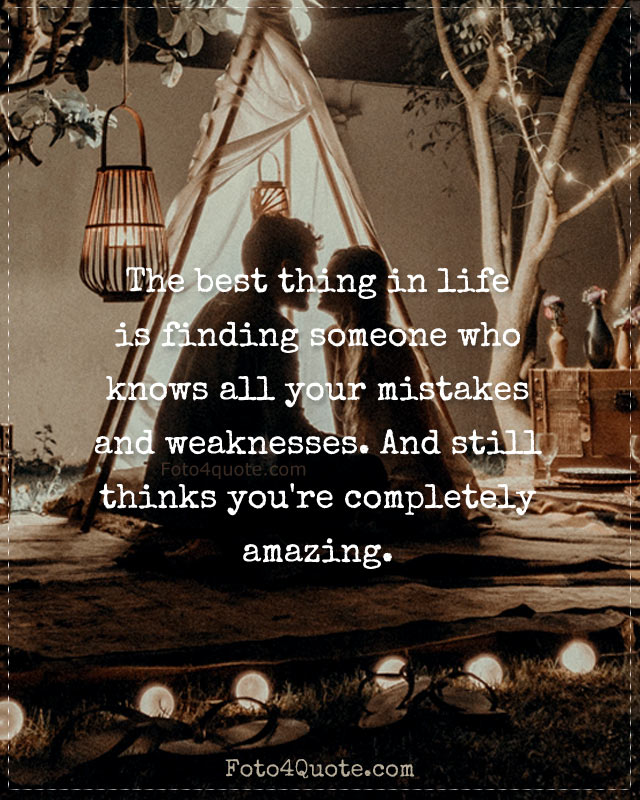A toxic relationship is an unhealthy and damaging connection between two people. It can be based on emotional, physical, verbal or psychological abuse. This kind of relationship has a negative impact on the mental health of both individuals involved in it.
These types of relationships typically involve one partner controlling and manipulating the other person to meet their own needs while neglecting the needs of the other person. Toxic relationships often involve criticism, jealousy, anger issues, manipulation tactics, codependency and possessiveness that can lead to further isolation from friends and family. Both partners may feel trapped in this type of situation with no way out due to fear or shame over revealing what is going on within the relationship.
Toxic relationships are a major issue in today’s society. They can be emotionally, mentally and even physically damaging for those involved. It is important to recognize the signs of an unhealthy relationship and to take steps towards ending it before it becomes too difficult or dangerous.
If you find yourself in a toxic relationship, reach out for help from family or friends who can provide support and guidance to help you make the best decision possible.
LET GO, MOVE ON, and HEAL After a Toxic Relationship
Toxic Relationship Examples
Toxic relationships come in many forms and can range from unhealthy behaviors, such as verbal abuse or physical violence, to deeper psychological issues. Examples of toxic relationships include those where one partner is controlling or overly critical; where there are frequent power struggles and arguments; where one partner insults the other frequently; or when a relationship has become an emotional roller coaster with extreme highs followed by dramatic lows. Whatever form they take, these types of destructive relationships can have severe impacts on both parties – physically, mentally and emotionally.
Toxic Relationship Signs
It can be hard to tell when a relationship has become toxic, but there are some signs that you should watch out for. These include frequent arguing or bickering, constant criticism and belittling of each other, lack of communication or unwillingness to talk about topics that matter, feeling like you need to walk on eggshells around your partner, jealousy or possessiveness over friendships and activities outside the relationship and extreme mood swings. If any of these signs sound familiar in your own relationship it might be time to take a step back and evaluate if this is really the best situation for either of you.
Early Signs of a Toxic Relationship
It is important to recognize the early signs of a toxic relationship in order to avoid further damage. Some common signs include: increased control and manipulation, extreme jealousy, feeling constantly criticized or belittled, physical or emotional violence, putting down your goals or dreams, and lack of respect for boundaries. If any of these behaviors are present in your relationship it may be time to seek help from a professional counselor or trusted friend.
Toxic Relationship Test
If you’re not sure if your relationship is healthy or toxic, it’s important to evaluate the dynamics between yourself and your partner. Taking a toxic relationship test can help you identify patterns of unhealthy behavior that could be damaging for both parties involved. By honestly answering questions about communication, trust and respect in the relationship, you can gain valuable insights into whether or not it’s time to reevaluate things with your significant other.
Toxic Relationships Psychology
Toxic relationships are unhealthy and damaging to all involved. They involve a lack of respect, trust and communication as well as patterns of manipulation, control or abuse. These types of relationships can cause physical and emotional harm to both parties in the relationship due to the constant stress, fear, anxiety and guilt that come with it.
If you believe yourself or someone close to you is in a toxic relationship then it’s important to seek help from a qualified mental health professional who can provide guidance on how best to protect yourself from further harm.
Ending Toxic Relationships
Ending a toxic relationship can be difficult, but it is important to remember that you deserve to be in a healthy and supportive environment. Toxic relationships often involve verbal or emotional abuse, manipulation, and lack of respect. It is important to remember that no one deserves to stay in an unhealthy situation and sometimes it can be necessary for your own mental health and safety to end the relationship completely.
10 Signs of Toxic Relationship
Toxic relationships can be damaging to your physical and mental health, leading to anxiety, depression, and other negative effects. Knowing the signs of a toxic relationship is important if you want to maintain healthy relationships with others. Some common signs include extreme jealousy or possessiveness; an unhealthy focus on power dynamics; frequent criticism or disrespect; difficulty communicating openly and honestly; a lack of trust or boundaries; constant arguing or bickering; excessive blaming of one another for problems in the relationship; being overly reliant on each other for emotional support while neglecting personal needs outside the relationship; manipulation tactics such as guilt-tripping or gaslighting ; and an overall feeling that something isn’t right.
If any of these warning signs are present in your current relationship, it may be time to reassess whether this is a healthy environment for you.

Credit: englishmountain.com
What are Signs of a Toxic Relationship?
Signs of a toxic relationship include manipulation, verbal abuse, and extreme jealousy. Manipulation can involve one partner trying to control their partner’s decisions or behavior through guilt-tripping and other coercive tactics. Verbal abuse includes insults, put-downs, name-calling, or any form of derogatory language.
Extreme jealousy can manifest in a partner constantly questioning the other person’s whereabouts or accusing them of cheating without evidence. Additionally, a toxic relationship often involves someone being emotionally distant from their partner by not responding to messages/calls promptly and avoiding conversations about feelings or the future of the relationship.
What are the 4 Toxic Relationship Behaviors?
The four toxic relationship behaviors are: 1) Controlling behavior, which includes controlling decisions and emotions; 2) Criticism and blame-shifting, which involves making negative comments about the other person or shifting blame onto them;
3) Manipulation, which is using tactics such as guilt-tripping to control another person’s actions; 4) Gaslighting, which is manipulating someone into doubting their own reality. All of these behaviors can have serious detrimental effects on a relationship and must be addressed if they occur.
It’s important to recognize when any of these behaviours are present in order to take steps towards repairing the damage done by them and restoring trust in the relationship.
What is the Effect of Toxic Relationship?
Toxic relationships can have a lasting and damaging effect on people, both emotionally and psychologically. People in toxic relationships often experience feelings of self-doubt, low self-esteem, fear of abandonment or rejection, depression, anxiety and even post-traumatic stress disorder. It is not uncommon for individuals to also develop physical health problems due to the stress associated with toxic relationships.
Toxic relationships can lead to difficulty trusting other people and forming healthy interpersonal connections as well as an increased risk of developing substance use disorders in order to cope with their situation.
Can Toxic Relationship Be True Love?
The answer to this question is complicated, as it depends on the individual relationship and how toxic it actually is. Generally speaking, a “toxic” relationship can be characterized by emotional manipulation, possessiveness, extreme jealousy or insecurity. If these behaviors are present in a relationship then true love may not exist; instead there may be an unhealthy dynamic of power and control at play.
It’s important to remember that relationships should be based on mutual respect and trust if they are truly going to last; so if any of these traits are present in your own relationship then it might be worth exploring further with a professional therapist or counselor.
Conclusion
Toxic relationships can be very damaging and detrimental to your mental, emotional, and physical wellbeing. It is important to recognize the signs of a toxic relationship so you can take steps towards getting out of it or seeking help for yourself. Toxic relationships often have patterns of abuse and manipulation that are difficult to break, but with awareness and support you can learn healthier ways to interact with others.



